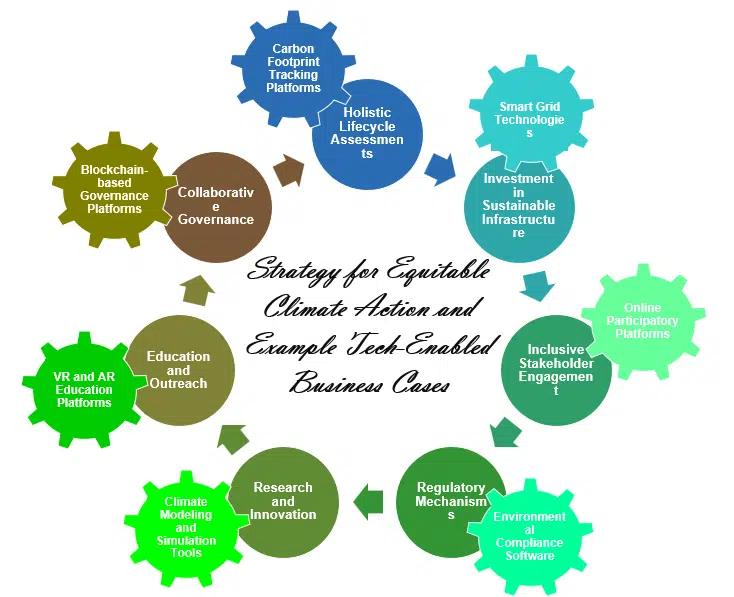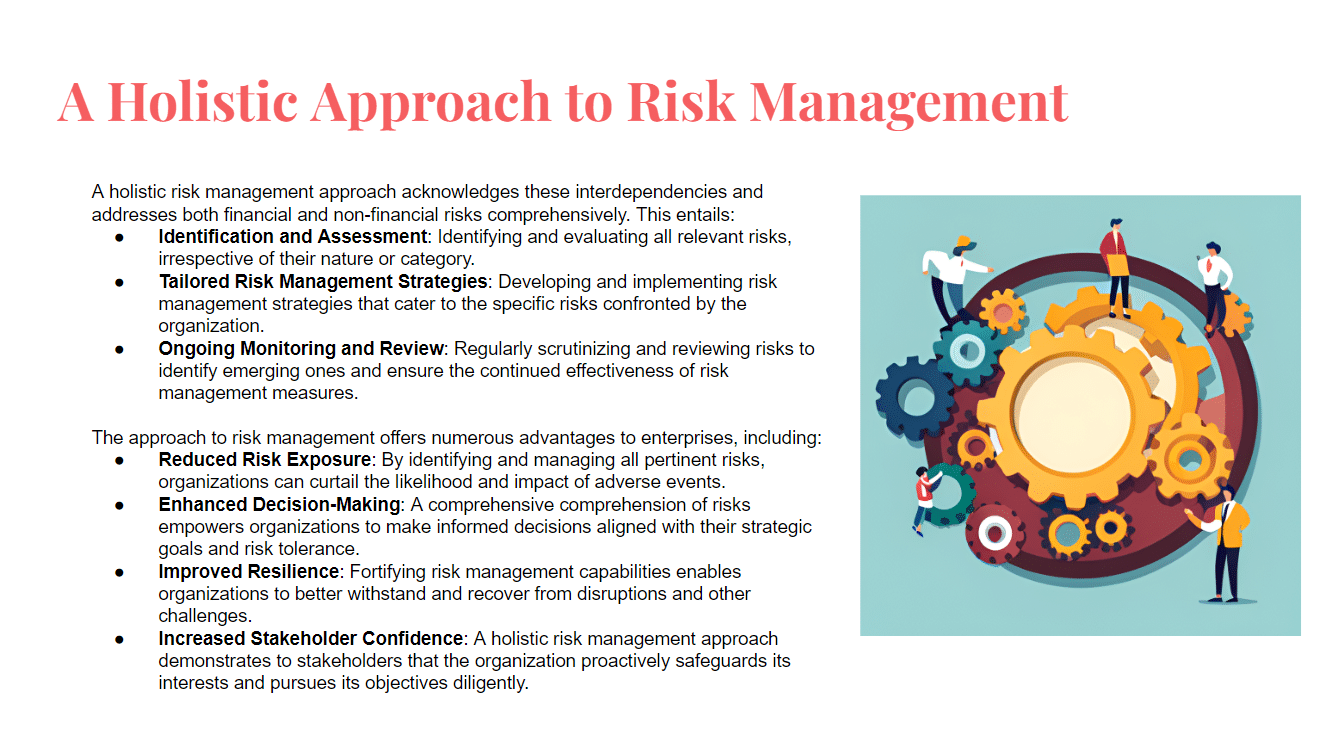Introduction
Climate change is one of the most pressing challenges of our time, with far-reaching implications for environmental sustainability, social equity, and economic prosperity. Addressing this complex issue requires a multifaceted approach that recognizes the diversity of perspectives, experiences, and needs of individuals and communities worldwide. In this post, we explore the importance of embracing diversity, promoting respect for all stakeholders, and adopting strategic approaches to mitigate and adapt to climate change while fostering equity.
Diversity and Respect: Foundations for Equitable Climate Action
- Diverse Perspectives: Recognizing the diverse perspectives and experiences of individuals and communities is essential for developing effective climate solutions. People have varying cultural backgrounds, socioeconomic statuses, and geographic locations, each influencing their understanding of and vulnerability to climate change. By embracing diversity, policymakers can ensure that climate strategies are inclusive, responsive, and culturally relevant.
- Respect for Indigenous Knowledge: Indigenous people possess valuable traditional knowledge and practices that are often overlooked in mainstream climate discourse. Incorporating indigenous perspectives into climate planning and decision-making processes not only enriches the diversity of solutions but also promotes respect for indigenous rights, sovereignty, and self-determination.
- Equity and Justice: Equity must be at the forefront of climate action, addressing the disproportionate impacts of climate change on marginalized communities. Climate solutions should prioritize the needs of vulnerable populations, including low-income households, communities of color, indigenous peoples, and future generations. Promoting social justice and equity is essential for building resilience and fostering a more sustainable and equitable society.
Strategic Approaches to Climate Action
- Comprehensive Lifecycle Analysis: Climate strategies should encompass a comprehensive lifecycle analysis that considers the full spectrum of environmental impacts, including emissions from production, consumption, and end-of-life disposal. While current emissions scopes focus primarily on operational emissions, addressing the end-of-life impacts of products and infrastructure is critical for achieving net-zero emissions and promoting circular economy principles.
- Role of Technology: Technology plays a crucial role in advancing climate solutions, offering innovative tools and solutions to address complex challenges. Digitization, artificial intelligence (AI), and distributed ledger technology (DLT) can facilitate data-driven decision-making, predictive modeling, transparent supply chains, and inclusive governance. By harnessing technology strategically, policymakers can accelerate progress towards sustainable and equitable climate solutions.
- Business Case: ‘Circular Economy and Waste Management‘ The transition to a circular economy is essential for reducing waste and minimizing environmental impacts throughout the product lifecycle. Companies like Interface, a global flooring manufacturer, have implemented circular business models that prioritize product design for recyclability, material reuse, and end-of-life recovery. By closing the loop on resource consumption and waste generation, circular economy practices can mitigate emissions and promote sustainable consumption and production patterns.

Conclusion
Addressing climate change requires a holistic approach that embraces diversity, promotes respect for all stakeholders, and adopts strategic solutions that prioritize equity and justice. By recognizing the interconnectedness of environmental, social, and economic factors, policymakers can develop inclusive climate strategies that foster resilience, promote sustainability, and ensure a brighter future for generations to come. Embracing diversity, respecting indigenous knowledge, integrating equity and justice considerations, and adopting strategic approaches that encompass comprehensive lifecycle analysis and innovative technologies are essential steps towards realizing equitable climate solutions.



